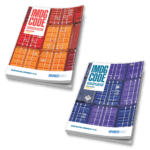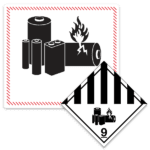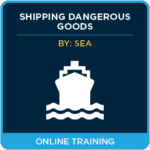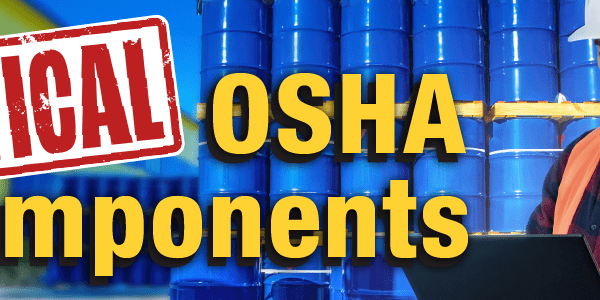
Exemptions for Shipping Battery Powered Vehicles
The use of battery-powered vehicles has increased over recent years. Battery-powered bikes and cars have certainly made their presence known in our society. But with the increase in battery-powered vehicles comes an increase of questions on how to ship the battery-powered vehicles compliantly. If you are ever in a situation where you need to ship your battery-powered vehicle, many questions may arise. For example, do you have to declare the lithium battery inside the vehicle as dangerous goods? There are actually several different exemptions across several different regulations which can assist.
What is a Battery Powered Vehicle?
A few years back, ICC published a great article explaining exactly what a battery-powered vehicle is classified as.
Essentially, vehicles powered by wet batteries, sodium batteries, lithium metal batteries, or lithium ion batteries are generally classified as UN 3171, Battery-Powered Vehicles (or Battery Powered Equipment in other cases). Examples of such vehicles include electrically-powered cars, motorcycles, scooters, three- and four-wheeled vehicles or motorcycles, trucks, locomotives, bicycles (pedal cycles with an electric motor), lawn tractors, self-propelled farming and construction equipment, boats, aircraft, wheelchairs and other mobility aids. There are a lot of vehicles that would fall under this classification, but the exemptions listed below could be helpful if you need to ship any of these.
Exemptions
Ground: 49CFR and TDG
Keep in mind, if you are shipping the battery separate from the vehicle, the below exemptions will not apply. TDG makes it nice and easy; for UN 3171, it sends you to Special Provision 96, which says the regulations, except for Parts 1 and 2, do not apply to these dangerous goods unless they are transported by aircraft or by vessel. This would mean that labeling, placarding, packaging, and DG paperwork are not a requirement when shipping battery-powered vehicles by road or rail. Similarly, for shipments in the U.S., The 49CFR 173.220 (h) (1) states that if you are shipping a battery-powered vehicle for transportation by motor vehicle or railcar, you are not subject to the 49CFR regulations, which would also exempt you from all of the elements mentioned above if you meet the applicable requirements of 173.220. The 49CFR does also mention some potential exemptions by aircraft domestically as long as you meet all of the provisions mentioned at 173.220 (h)(2) and vessel if you meet the requirements of 173.220 (h)(3).
Maritime: IMDG Code
There are two exemptions in the IMDG code that would relieve you from the regulations or part of the regulations. Special Provision 961 says that if the vehicle is stored on a RORO ship (roll on roll off cargo ships) designated by the state, there is no leakage of the battery, and the battery is protected from short circuits; you are not subject to the provisions of the IMDG code. If you cannot use SP 961, Special Provision 962 would relieve you from marking, labeling, placarding, and the marine pollutant requirements if the vehicle shows no signs of leakage, installed lithium batteries are protected from short circuit /accidental activation, and the lithium battery itself meets the provisions of 2.9.4 and is not considered defective. As mentioned above in the domestic regulations, if the battery is removed and shipped separately, these exemptions would not apply.
Need help with lithium-ion or lithium-metal battery shipments? Check out our Lithium Battery FAQ.
Our team of experts is just a call away for our customers at 855.734.5469 or send us an email, we’re happy to help.
Stay up to date and sign up for our newsletter!
We have all the products, services and training you need to ensure your staff is properly trained and informed.
 IMDG Publications |

|
 Shipping Dangerous Goods by Sea (IMDG Code) |






 ICC USA
ICC USA ICC Canada
ICC Canada